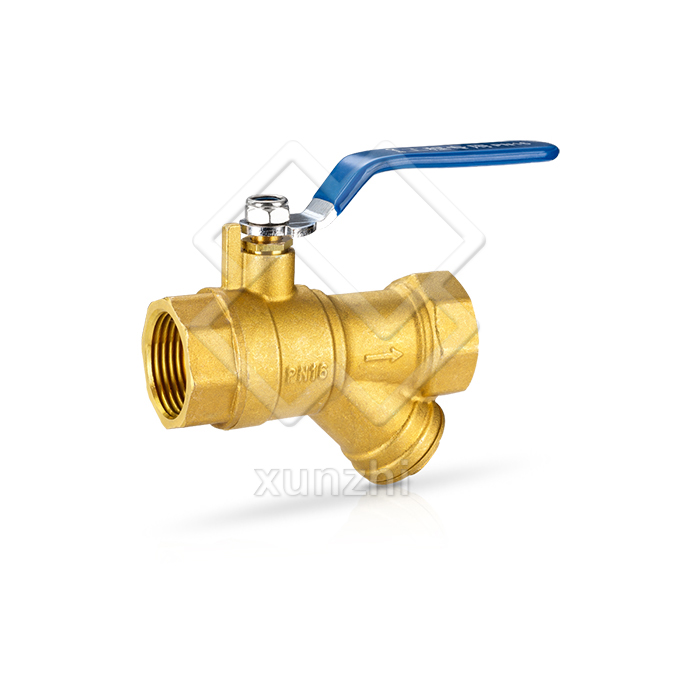The composition of a Brass Valve varies depending on the intended application and man's metallurgical prowess. Both bronze and brass are the most popular materials for this type of valve, and both have their benefits. Here are some advantages of each material. They are both strong, machinability, and corrosion resistant. Here are some of the other advantages of Brass as a Material of Construction. Read on to learn more.
Leaded Brass is a more expensive alternative, but it is also stronger and more resistant to corrosive environments. It is also more corrosion resistant than lead-containing valves. If you need a valve that is safe for potable water, go for a leaded brass. The cost of a lead-free Brass is lower than that of non-leaded brass. Choosing a lead-free option can save you money.
While Brass and Bronze Valves have similar uses, Brass is stronger and more corrosion resistant. Because of the high corrosion resistance, Brass Valves are commonly used in the chemical, marine, and natural gas industries. Some Brass Valve recipes also come with Teflon seals. These valves are also fire-resistant, and can withstand heat. These properties make Brass a superior material for a Brass Valve. If you're looking for an inexpensive brass valve, go for one that doesn't cost an arm and a leg.

When choosing a Brass Valve, you should take the type of connection it has to make with the pipe. The brass-copper alloy is more flexible and durable than bronze. It can be forged or cast, and can be finished without any finishing. Unlike bronze, brass is highly corrosion-resistant. While prolonged exposure to chlorine or water will break down the zinc, the copper in brass will remain intact. That makes it an excellent material for potable water and natural gas applications.
When choosing a Brass valve, you should take the materials of the Brass Valve into consideration. No lead Brass is the most common type of brass, while no lead Brass is the more expensive option. No-lead Brass is cheaper and suitable for non-potable water applications. It has better machinability, and it can withstand more pressure than its counterparts. You can also choose a different material for the valve. Besides, it is also easier to find a Lead-Free Brass Valve that has no lead.
If you are considering brass, you should know that different types of Brass products are available in the market. These include leaded Brass and no-lead. No-lead Brass is the cheaper and more economical option. It is also suitable for non-potable water applications. Its rust-proof properties make it a good choice for the water-potable water application. Its oxidation resistance makes it a great choice for the food industry.
